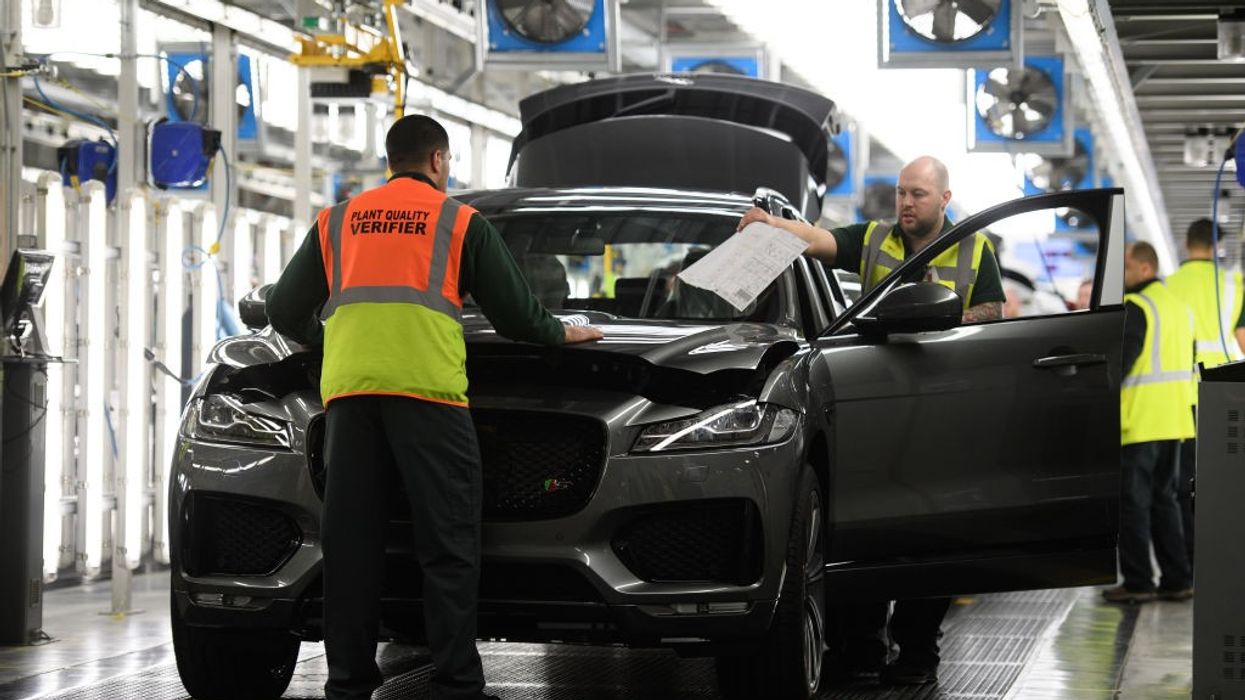Chennai Super Kings on Saturday (29) lost key batsman Suresh Raina for the Indian Premier League tournament because of "personal reasons", a day after it became the first team to report players with coronavirus.
Two players are now down with the virus and in extended quarantine, according to media reports and doubts are growing whether the three-time champions will take part in the gala opening game on September 19.
The much-delayed Indian Premier League (IPL) has been moved to the United Arab Emirates because of the growth of the pandemic in India and teams are being kept in strict isolation bubbles.
"Suresh Raina has returned to India for personal reasons and will be unavailable for the remainder of the IPL season," the team announced on Twitter.
"Chennai Super Kings offers complete support to Suresh and his family during this time."
Losing Raina increases pressure on the M S Dhoni-led Chennai.
The team has not commented on the coronavirus cases, reported by Indian media and confirmed by sources at the Board of Control for Cricket in India.
Reports said bowler Deepak Chahar was one of the two to return a negative test. The other was a batsman though not Raina, they added.
At least eight other team officials and support staff have also tested positive in the Chennai camp, reports said.
The team now faces questions over its decision to train in their home city before heading to Dubai. It was the only one of the eight teams to practice in India.
Chennai lost to Mumbai Indians in last year's final and traditionally the two sides would open this tournament.
The IPL has not yet released a schedule for the Premier League, which runs through to November 10.
The world's richest T20 tournament was originally scheduled to start in March but has been repeatedly put back because of the coronavirus.













